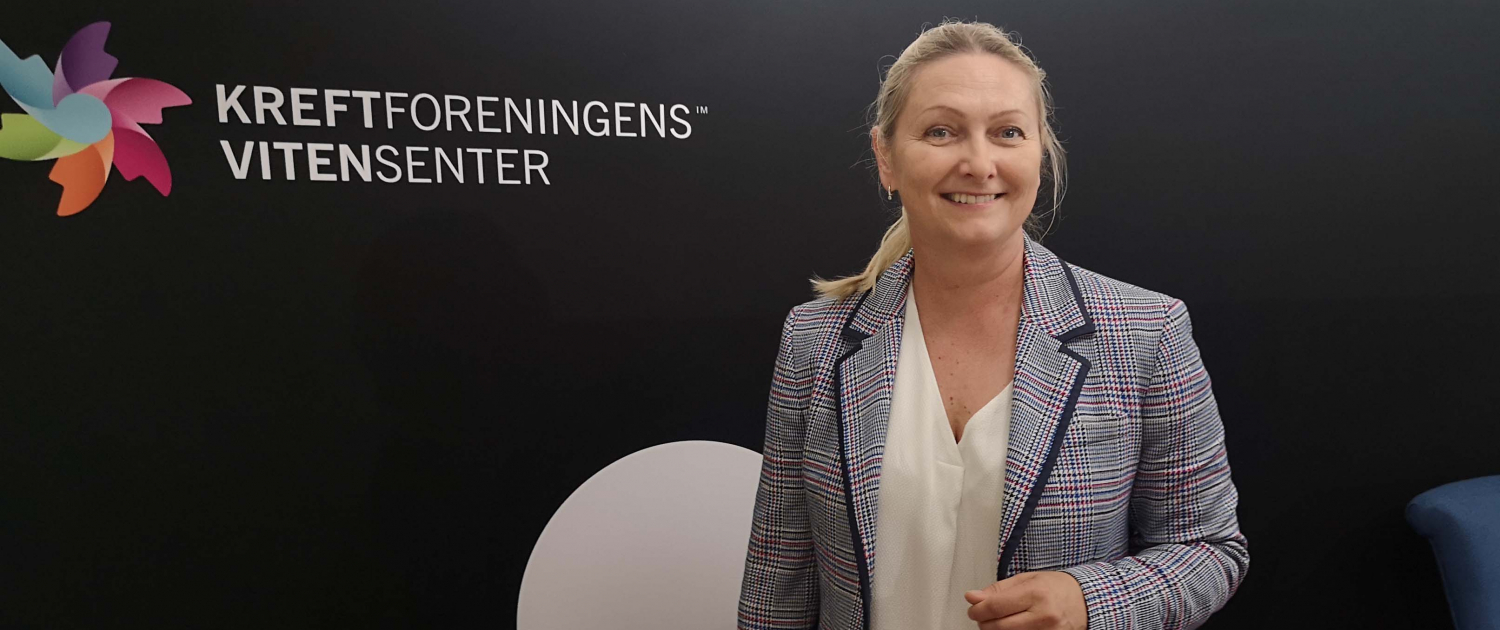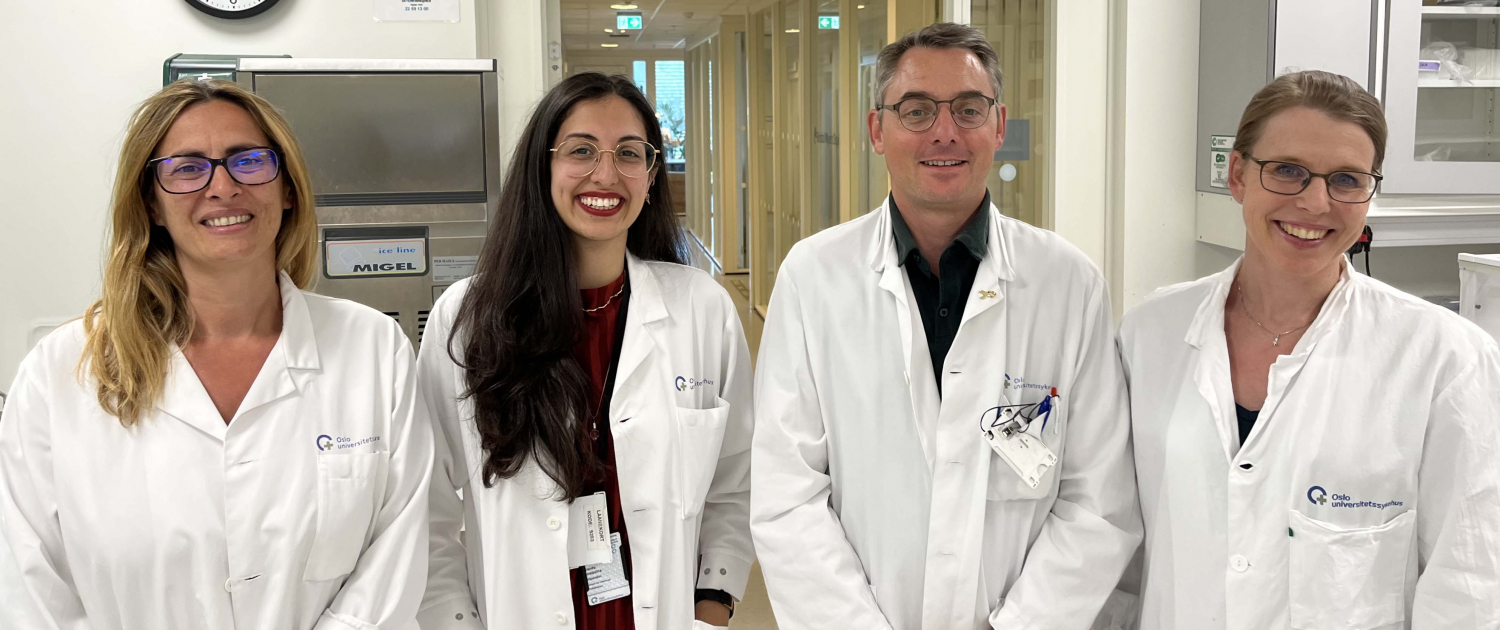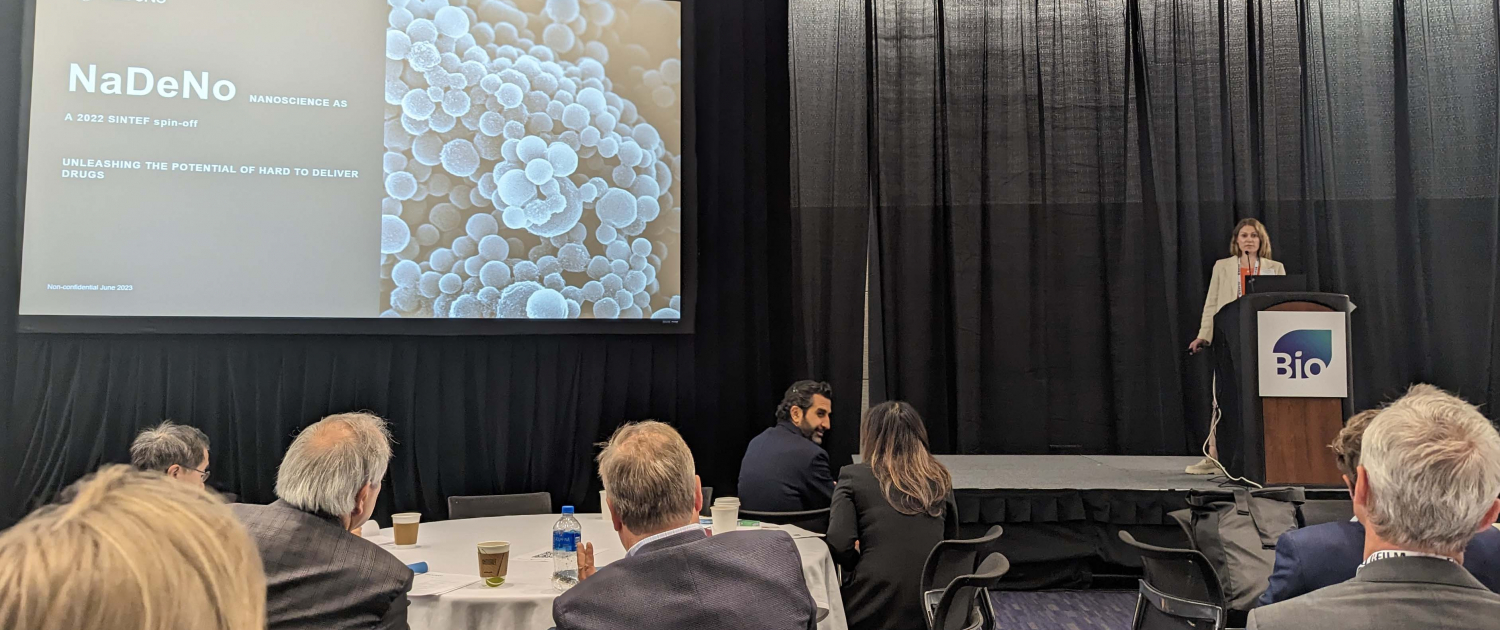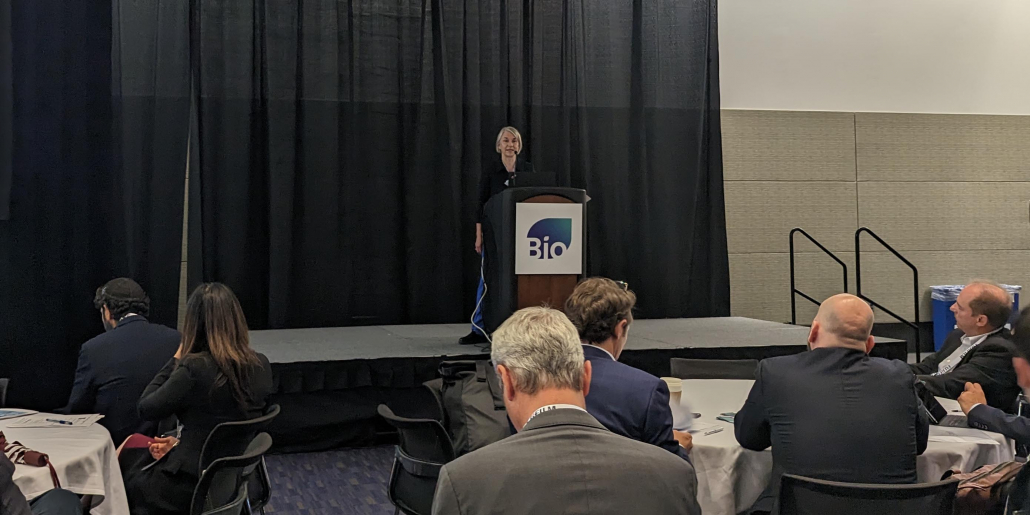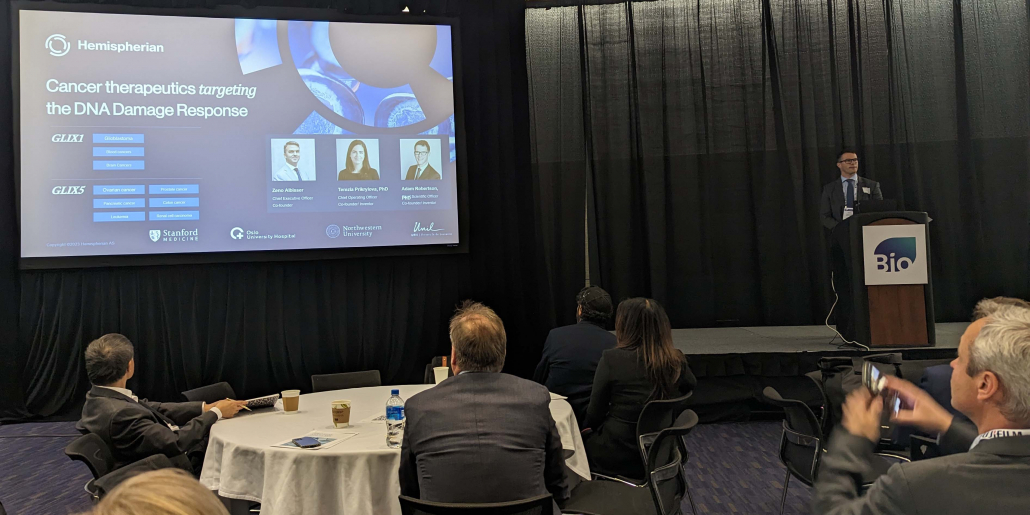Gilead joins Oslo Cancer Cluster
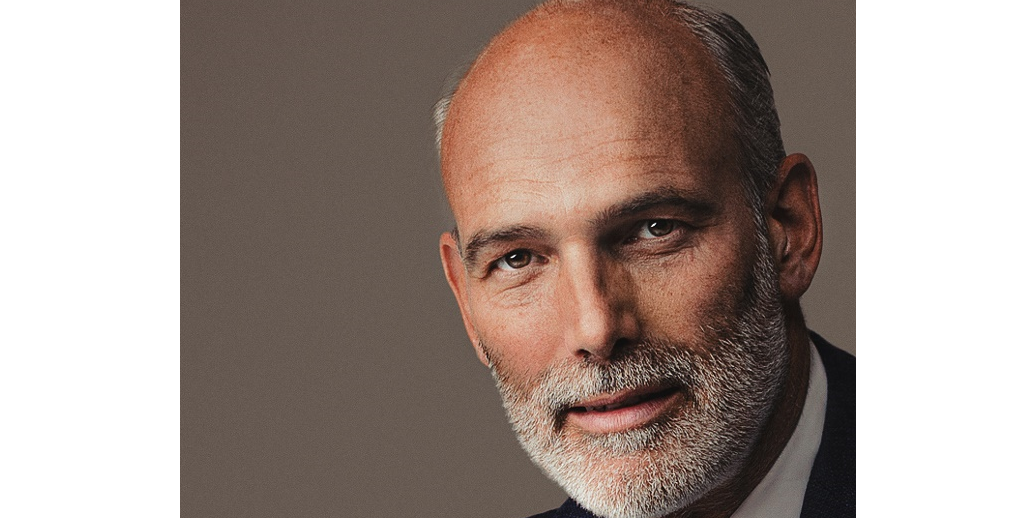 Gilead
Gilead
The newest member of Oslo Cancer Cluster is Gilead, a biopharmaceutical company advancing innovative medicines to prevent and treat life-threatening diseases.
Pascal van Peborgh, Senior Director Medical Affairs for Gilead Nordics answered some questions on why Gilead joins Oslo Cancer Cluster, how they are involved in the cancer field and why the Nordics is an important area for the company.
What is Gilead’s motivation to join Oslo Cancer Cluster (OCC)?
“Gilead’s ambition is to build strong partnerships with cancer research centers and oncology-focused organizations to accelerate research and ultimately provide Norwegian patients with novel therapeutic options. We want to work together with other OCC members on basic research topics and in finding ways to provide better access for patients who suffer from cancer. Part of this ambition was why we partnered in the CONNECT public-private partnership.”
Tell us more about Gilead’s investment in cancer and the company’s oncology pipeline.
“Gilead has a long history of bringing innovation to patients in improving patients’ outcomes and at times provided a cure for people facing specific life-threatening infectious diseases such as HIV and Hepatitis C. Gilead is now applying the same approach and commitment to cancer. We have purposefully built a deep and broad oncology portfolio with a focus on trying to address critical unmet needs in oncology care.
“This framework defines our portfolio, with assets that have complementary MOAs and strong scientific rationale for treatment combination opportunities. From antibody-drug conjugates and small molecules to cell therapy-based approaches, our research and development programs are providing new hope for people with overlooked, underserved, and difficult-to-treat cancers.
“This includes many of the most exciting and most promising targets in oncology today, with strong potential across tumor types, lines of treatment, and multiple opportunities for unique combination therapies. We have investigational agents in trials across varied solid tumors: breast, lung, GI, GU, including bladder, among many others. And in blood cancers: MDS, AML, LBCL, adult lymphoblastic leukemia and more. We are well positioned to establish Gilead as a leading Oncology company.”
What do you think about opportunities in Norway, and the Nordics, for the development of new cancer treatments? How do you view the milieus here for cancer research and health industry?
“We see Norway as a pioneer in Precision Medicine, e.g., the CONNECT and IMPRESS initiatives. It has also a strong history of registry data utilization, e.g., and building further new additions to cancer registry like INSPIRE BC and LC. Norway is also highly ranked for cancer research in Europe, with a government and policies supporting the development of precision medicines and clinical trials, with Inven2 and NorTrial being established as examples.
“In addition, the systematization of care in Norway and especially around Oslo University Hospital provides a central node with adequate infrastructure, expertise, and innovation in the cancer research eco-system and more specifically for translational research and clinical trials. Finally, the Oslo University Hospital being an accredited Comprehensive Cancer Center with an extensive international network provides us with further confidence to invest in cancer research in Norway.“
Do you have an ambition to launch cancer clinical trials in the Nordics?
“Our ambition is to continue to initiate new clinical trials within oncology in the Nordics in greater scope, and more specifically in Norway. We at Gilead, view the Nordic countries as having high-quality infrastructure that supports clinical research and studies. The countries have national support functions that provides information and services to researchers that are interested in clinical research – both for observational studies and for clinical interventional studies.
“Gilead, with its own R&D portfolio or through opt-in agreements has currently more than 70 ongoing oncology R&D programs focusing on three therapeutic strategies: triggering tumor intrinsic cell death, promoting immune-mediated tumor killing, and remodeling of the tumor microenvironment. To be able to fully deliver on this pipeline we will need close collaboration with clinical and academic research.”
Learn more about the members of Oslo Cancer Cluster by visiting our Member Overview page.
The post Gilead joins Oslo Cancer Cluster first appeared on Oslo Cancer Cluster.

